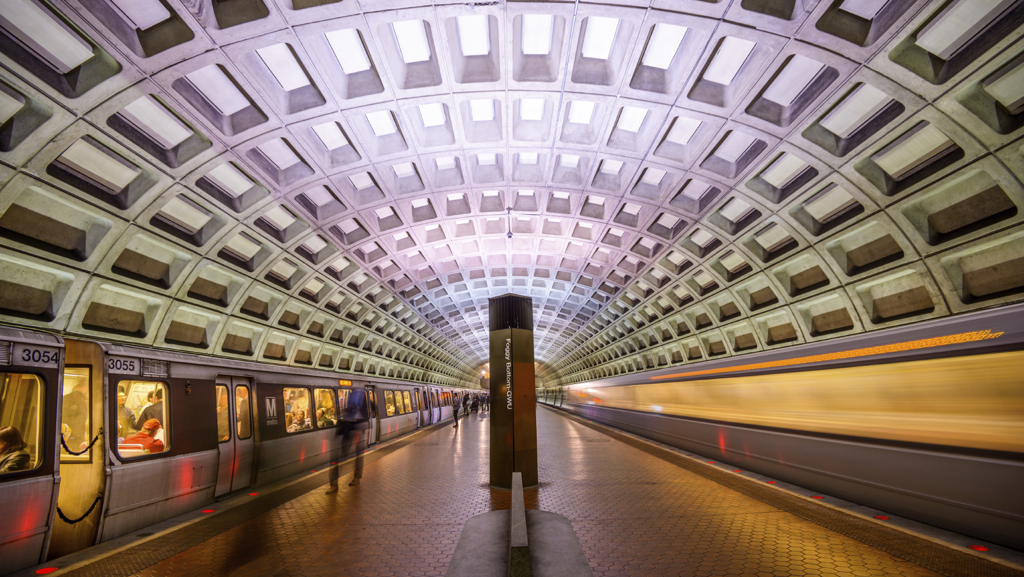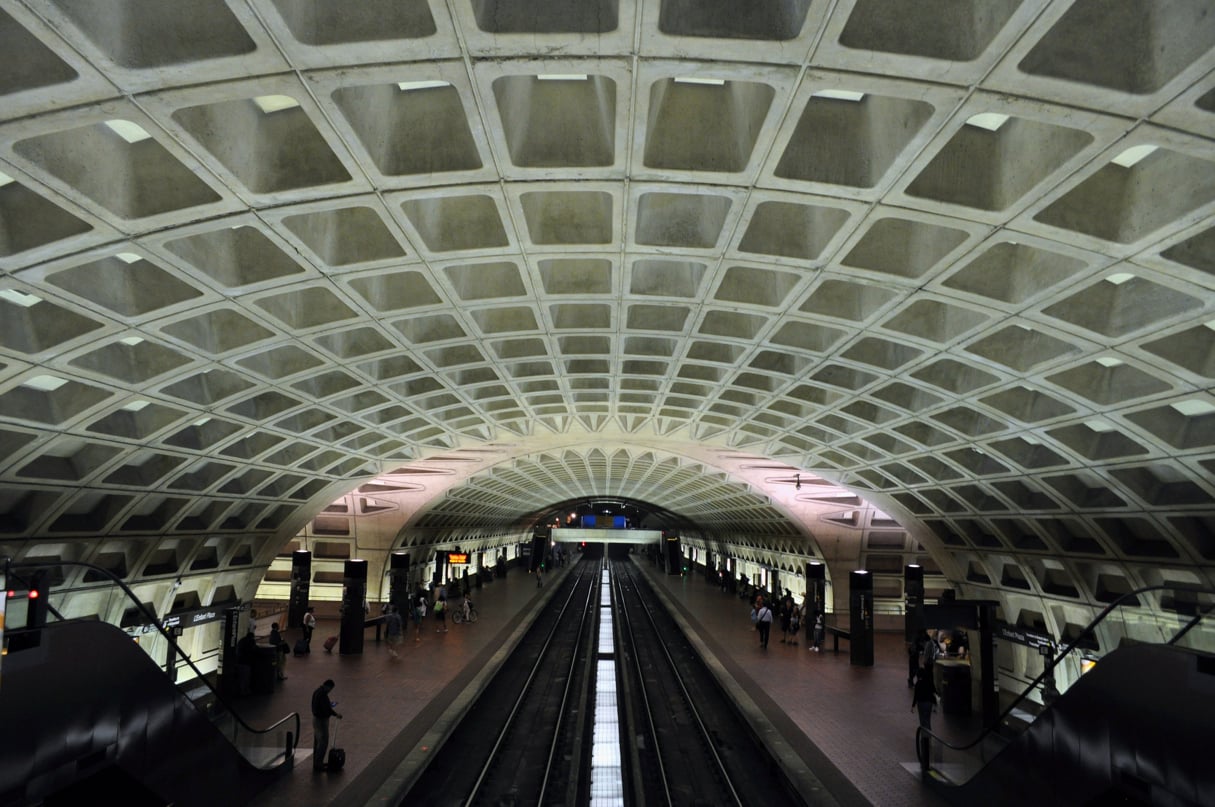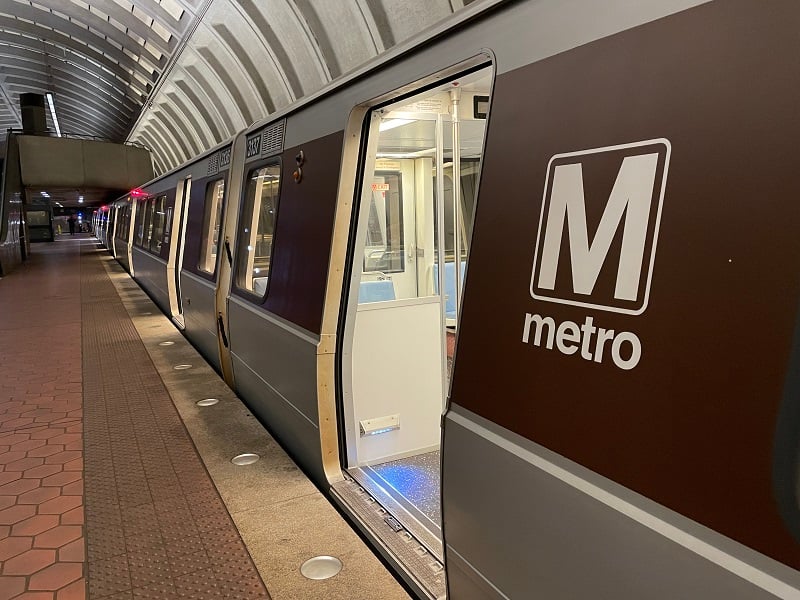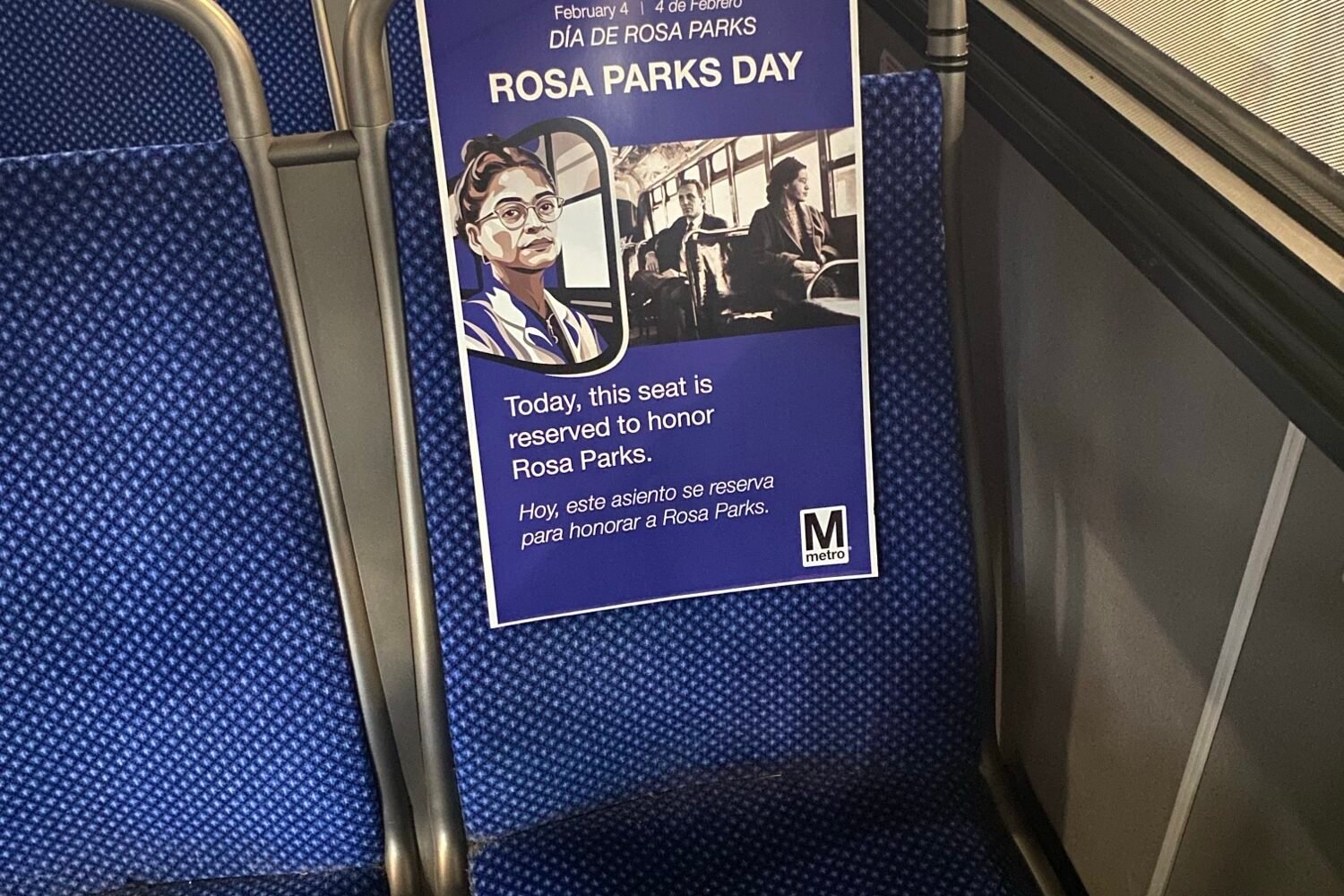It’s after midnight on the last night of late-night weekend Metro service for the foreseeable future, and some people on these trains don’t even know that a week from now, they’ll have to find another way home.
“What?” 24-year-old Will Normil says in sudden shock. He’s been dependent on Metro to shuttle him into the city on weekend nights from his home in Rockville since he moved here two years ago. That’s about to change. “I guess party time ends at 12,” he says.
As Metro begins its vast rebuilding initiative SafeTrack, which will bring major track delays and track closures—for weeks at a time in many places—one of the transit agency’s first measures was to end its late-night service on weekends. Instead of running until 3 AM on Friday and Saturday nights, Metro will now close around midnight every day of the week.
Metro doesn’t have any substitute transit options for the lack of late-night trains, like added buses. SafeTrack repairs will continue through at least March 2017—when asked how long late-night service would be suspended, a Metro spokesperson says “until further notice.”
Besides a smattering of weekend revelers and some stragglers in Nationals gear headed back from the game, on this last night of service, it did not seem like too many people would miss it. As it passed 2 AM, the stations emptied out, escalators still cycling without anyone to carry. It didn’t help that trains in the core of the city were running about every 25 minutes, and stalled several times for single-tracking, causing groups of frustrated riders to abandon their planned route.
According to WMATA, an average of about 7,500 people ride the Metro between midnight and 3 AM. Late-night ridership has been nearly cut in half compared to five years ago, no doubt due to both increased late-night delays discouraging riders and the emergence of alternate travel options like Uber and Capital Bikeshare.
There’s good reason to think late-night service will not return at all. The WMATA board has previously discussed ending the service permanently in 2007 and 2011, with the head of rail operations at the time saying the change would give workers the equivalent of 45 extra days a year for track repairs.
Time that can be spent working on the tracks is Metro’s biggest factor in stopping trains early. In Washingtonian‘s cover story on Metro last December, some of the system’s workers said they were unable to do necessary track repairs in the small window of time between a 3 AM closing and when stations reopened at 7 AM.
“You’re talking about three hours of actual work time,” retired maintenance manager Aaron Wiggins said. “Ain’t a lot you’re going to get done in three hours on a nightly basis. It’s impossible.”
“By closing the system at midnight every night and expanding weekday maintenance opportunities,” reads a May press release from WMATA, “the SafeTrack plan addresses FTA and NTSB safety recommendations, accelerates work to eliminate maintenance backlogs and restores Metro infrastructure to good health.”
Metro’s late-night hours began in 1999, when the transit agency pushed the weeknight closing time to 1 AM. The hours were extended to 3 AM in 2003 after encouragement from restaurants, bars, and other nightlife businesses. It’s symptomatic of the “death spiral” theory: a world class subway system should be accessible during these times, but Metro’s deterioration will only hasten if it’s kept open.
Boston’s subway, the T, recently ended its own two-year experiment with late-night weekend service. “A vibrant economy demands a public transit system that caters to the residents, students and tourists it serves,” then-Massachusetts Governor Deval Patrick said at the time. Those riders came, but the money didn’t. Extending the T’s closing time to 2:30 AM brought in an extra 16,000 riders each night, but the corporate sponsorships the Massachusetts Bay Transit Authority hoped would offset costs didn’t materialize. Amid money woes and familiar complaints about decreased time for repairs, closing time shrank back to 12:30 AM in March.
Already, some Washington businesses are changing their schedules to accommodate the weekend cutbacks. The Black Cat plans to open its doors for concerts an hour earlier on Friday and Saturday nights, to 8 PM, so patrons can see a show and still use Metro to get home.
But it’s important to remember that the post-midnight train service was not just for concertgoers and nocturnal partiers. Michelle Douglas had just finished her shift at a restaurant and was waiting for a Green Line train to take her home. It was around 2 in the morning, the usual time she gets off work on a Saturday, and when she heard late-night service was being suspended, “I was pissed,” she says.
“Where I’m from, buses stop running at 12:30,” says Douglas, who is making the trek from Petworth to the Southern Avenue station. She’s been weighing her post-Metro options. So far the only one that could work is Uber, and that isn’t cheap. “I don’t know where I’m gonna get the money.”



















